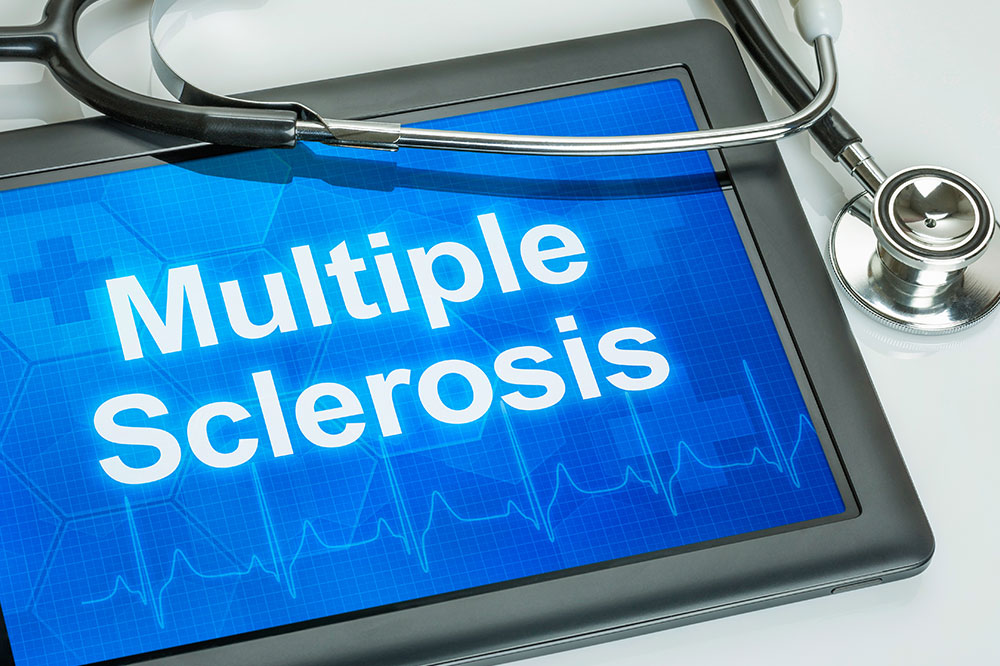
3 Treatment Options for MS
Multiple Sclerosis(MS) is a degenerative condition that affects the brain and spinal cord. The condition is lifelong and can lead to a wide range of other health troubles. Common symptoms of MS include tremors, troubles with vision, and even loss of balance. Unfortunately, there is no cure for MS. Treatment options that are available only focus on slowing down the progression of MS or on speedy recovery after flares. Read on to know more about the three common treatment options for multiple sclerosis.
1. Disease-modifying medications
Individuals who suffer from the relapse-remitting type of MS are usually treated with disease-modifying medications. This course of treatment focuses on slowing down the advance of the disease while preventing flare-ups. It works by suppressing the body’s immune system so that it does not attack the protective coating of the nerves.
Common disease-modifying medications are as follows.
- Beta Interferons: Beta Interferons are most commonly prescribed to treat MS. They are typically injected just under the skin or into the muscle. They help with tackling both the frequency and severity of MS attacks. Common side effects of beta interferons include flu-like symptoms and soreness at the site of injection. Liver damage is also a common side effect of this condition. This is why individuals frequently need to get tested to check their liver function. Beta interferons can lead to the development of neutralizing antibodies that can reduce the effectiveness of this medication.
- Glatiramer acetate: This mode of treatment also focuses on blocking the body’s immune response to the myelin sheath present on the nerves. It is typically injected under the skin and causes side effects such as skin irritation or soreness at the site of the injection.
There are also multiple oral disease-modifying medications. Some of them include Fingolimod that reduces relapse rate, and Cladribine can tackle progressive MS.
2. Steroids
Another common mode of treating MS is using steroids. This is because they help relieve the flare that is caused due to MS by reducing the inflammation around the nerves. This means that they are typically administered after the flare has occurred. They can be used to ease the symptoms caused due to the flare as well as reduce the overall time period of the flare. Steroids that are used to treat MS are also known as corticosteroids.
3. Deep brain stimulation
Deep brain stimulation, also referred to as DBS, is a common treatment option for those suffering from degenerative conditions such as Parkinson’s disease or MS. The idea behind this treatment is to turn off select parts of the brain without completely destroying them. This method has proved to be much more advantageous than surgery. It is carried out with the help of electrical stimulation. DBS can be used to control severe tremors that can be caused due to MS.


